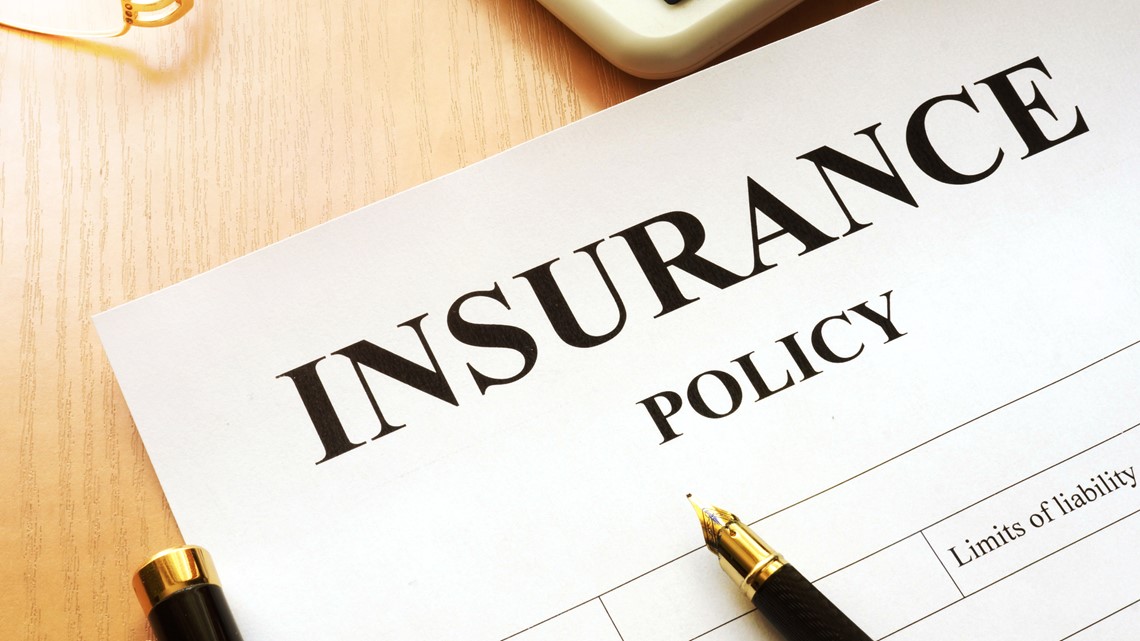The letter that says it will cost thousands to repair may seem scary, but the folks on the Consumers’ Checkbook say there is more you need to know before you buy.
GOLDEN VALLEY, Minn. – Nobody wants to get stuck with an expensive water or sewer line if something breaks, but the folks on the Consumers’ Checkbook say that companies trying to sell you a guarantee are suspicious.
“A lot of homeowners get mail and the mail appears to be from their water and sewer company,” said Kevin Brasler of Consumers’ Checkbook.
You might have seen it in your mailbox: a letter suggesting that you take out insurance to finance expensive water and sewer repairs. It can even be on your city letterhead or have your utility company logo on it.
“The warning itself looks very ominous:” Oh, if I have this problem, it will cost me thousands of dollars. “It seems like it’s a common problem,” said Brasler.
Except, here’s the thing, not only is it not common, it’s usually not expensive either.
“We looked at the permit information in a few major cities, including Minneapolis, and found that the chance you would actually need to replace any of these lines was less than 1% chance per year,” he said.
According to Brasler, the most common problem is tree roots invading your lines and costing hundreds, not thousands, to fix.
“I think the real problem here isn’t that the plans are some kind of crappy insurance, but that the public utilities and municipalities are working with these companies to push their own voters to sign up for them in the first place,” said Brasler.
“I think they use horror strategies to get them to get customers for them, the public utilities get a commission, they get a cut or bonuses if they sign up enough people,” he explained.
The Consumers’ Checkbook has found several Minnesota communities working with these guarantee companies including Arden Hills, Blaine, Edina, Falcon Heights, Mounds View, New Brighton, Richfield, Robbinsdale, Rosemount, St. Louis Park, and South St. Paul Watertown. It’s not illegal. It’s just confusing. And most likely unnecessary.
“First, the city government shouldn’t get involved in marketing these private plans at all,” he said.
“We talked to some churches and they said, ‘Well, we’re going to take the money and put it in this fund to help poor people with their bills.’ And I think that’s a real shame. You’re putting that veneer of goodwill on something that’s really bad business all in all, “said Brasler.
Click here for free access to the Consumer Checkbook website.


Comments are closed.